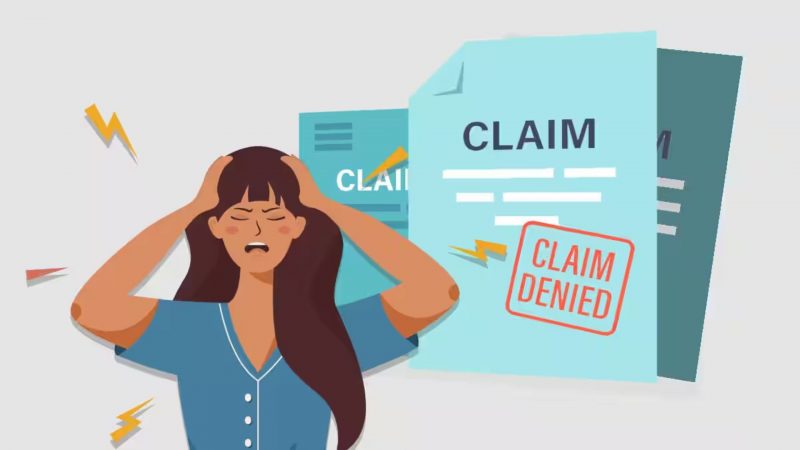Term insurance is a type of life insurance policy that provides complete coverage for a limited time at a low cost. If the policyholder dies within this period, the insurer will pay out the whole sum insured on death to the policy’s nominee. This sum can be used to pay the policyholder’s family’s financial commitments, such as debts or education expenditures.
Term insurance plans do not normally offer maturity benefits; however, if you wish to get a benefit at the conclusion of the policy, you can choose term return of premium plans (TROP), which will refund the premiums paid throughout the policy at the end of the policy term. Along with these advantages, many plans provide term insurance tax advantages, which you may use to reduce your rates even lower.
Key Features Of Term Insurance Plan

Financial Security
Term insurance protects the policyholder’s family in the event of his or her untimely death. These plans are especially advantageous for the family’s primary income earner to ensure that their family will have a consistent flow of cash even if they are absent.
Flexible Policy Term
Term life insurance offers coverage for a certain period of time, generally between 5 and 40 years. You may also choose full life insurance, which offers coverage until 99/100 years of age, depending on the policy terms.
Fixed premiums
Term life insurance premiums are set for the duration of the policy term, meaning the policyholder must pay the same amount each year.
Premium Payment Terms
Term insurance plans provide a number of premium payment terms, such as single, regular, and limited premium payment periods, as well as monthly, quarterly, semi-annually, and yearly premium payment modes.
Option to Increase Life Coverage
Most Indian insurance firms provide life-stage benefits in their term plans. With this option, you may raise the term insurance plan’s life cover as your life stage and needs change.
Death Payout Options
Depending on your family’s needs, you can select the most appropriate death benefit payout choice. At the time of policy purchase, you can choose whether the death benefits should be paid in a lump amount, monthly income, or a mix of the two.
Is it Possible That The Term Insurance Claim Gets Rejected?

The answer is yes. A term insurance claim filed by the nominee may be denied by the insurance company for a variety of reasons. One of the most typical causes for term plan rejection is when a claim is filed for an occurrence that is clearly specified under the policy’s “Exclusions.” All situations stated under it will not be covered by the policy, resulting in term insurance claim rejection.
Here are a few examples of occurrences that are explicitly prohibited from being covered by term insurance.
- Death of the policyholder as a result of previously unknown pre-existing health issues or injuries
- The policyholder’s death, in which the nominee has a direct or indirect involvement
- Death of a policyholder as a result of being under the influence of drugs or alcohol
- The policyholder died as a result of participating in adventure sports such as racing, paragliding, skydiving, bungee jumping, and rafting.
- Death of the policyholder due to problems during childbirth where the pregnancy was not disclosed
- The suicide death of the policyholder
Term Insurance Claim Rejection Reasons

Inaccurate or misleading data
When acquiring a term insurance policy, you must disclose all relevant information in a genuine way. Withholding or distorting any facts, such as your personal information, lifestyle habits, or professional data, among others, may result in the insurer rejecting your term insurance claim.
Failure to Report Existing Medical Conditions
This is yet another prevalent cause for a term insurance claim being denied. Failure to disclose pre-existing health issues when purchasing a term plan will almost certainly result in a claim denial in the future.
Failure to Update the Beneficiary
Many policyholders neglect to assign a nominee to their term plan, while others forget to update the nominee in the event of the nominee’s untimely death. In any situation, the insurance company may opt to deny the term insurance claim.
Ineffective Policy
When you fail to pay your term insurance premiums on time, your policy may become inactive and lapse. In the event of lapsed insurance, no benefits under the term plan are paid out, which may result in the claim being rejected.
Non-Disclosure of Existing Insurance Policies
When you get term insurance, you must also provide your insurer with details on all of your existing insurance policies. Failure to do so might be one of the many reasons for term insurance claim rejection.




